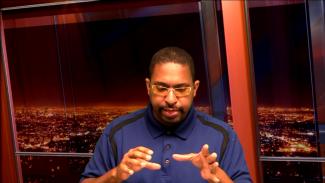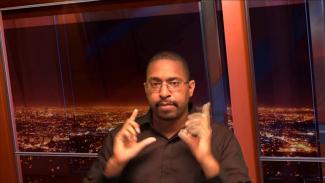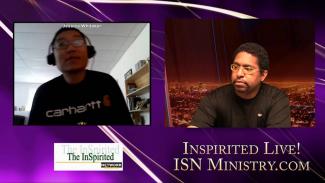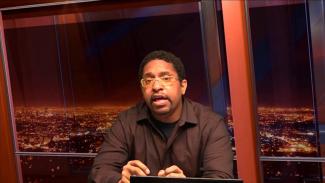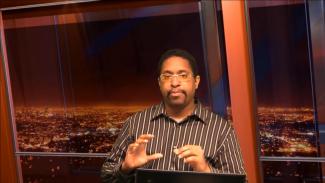How does the Old Testament teach the theme of mercy and justice? How did God's mercy and justice play a role in the way the Israelites were to treat and relate to one another? What message might that have for God's people today? How does God want us to show kindness to those around us? What is the proper relationship between religion and practical faith? Can a person focus so much on religious rituals that they undermine the very principles which God stands for while seeming to practice aspects of their faith? How do the Old Testament prophets speak to this situation?



